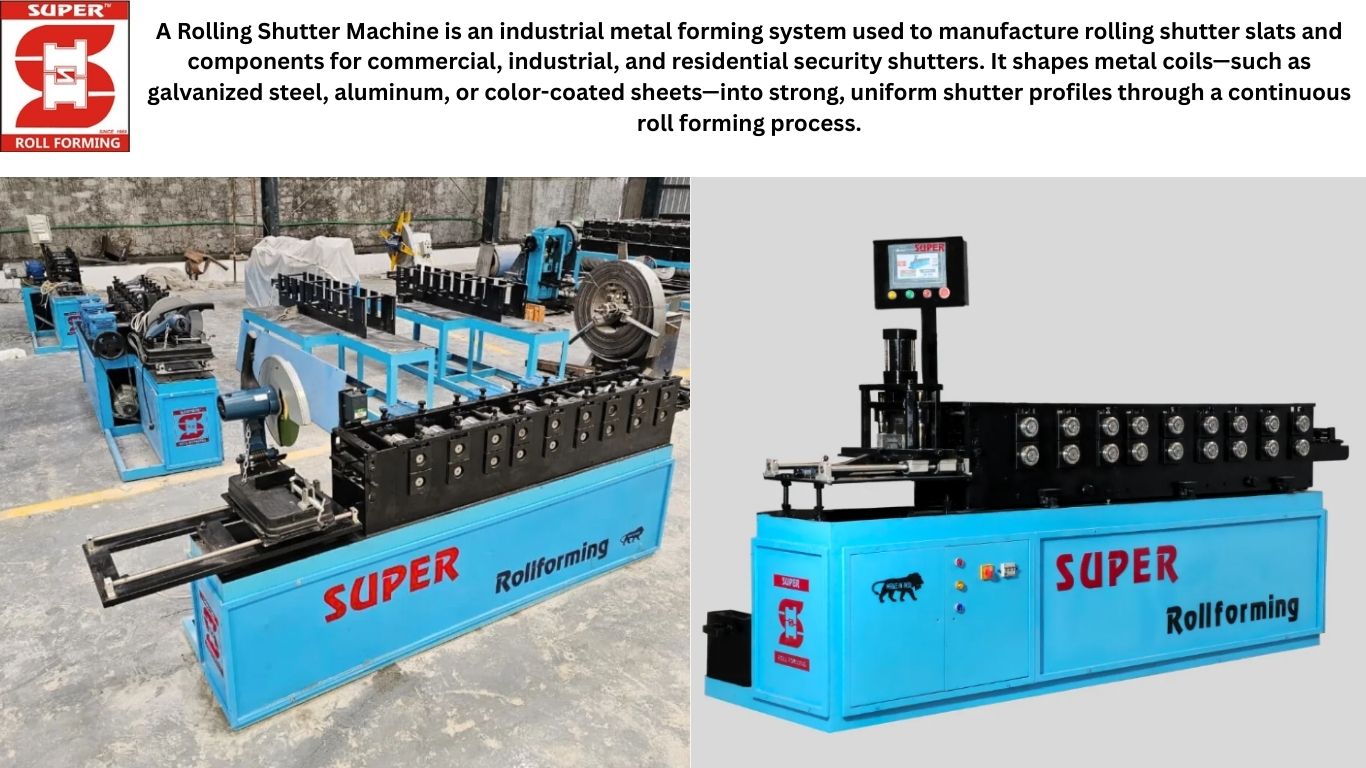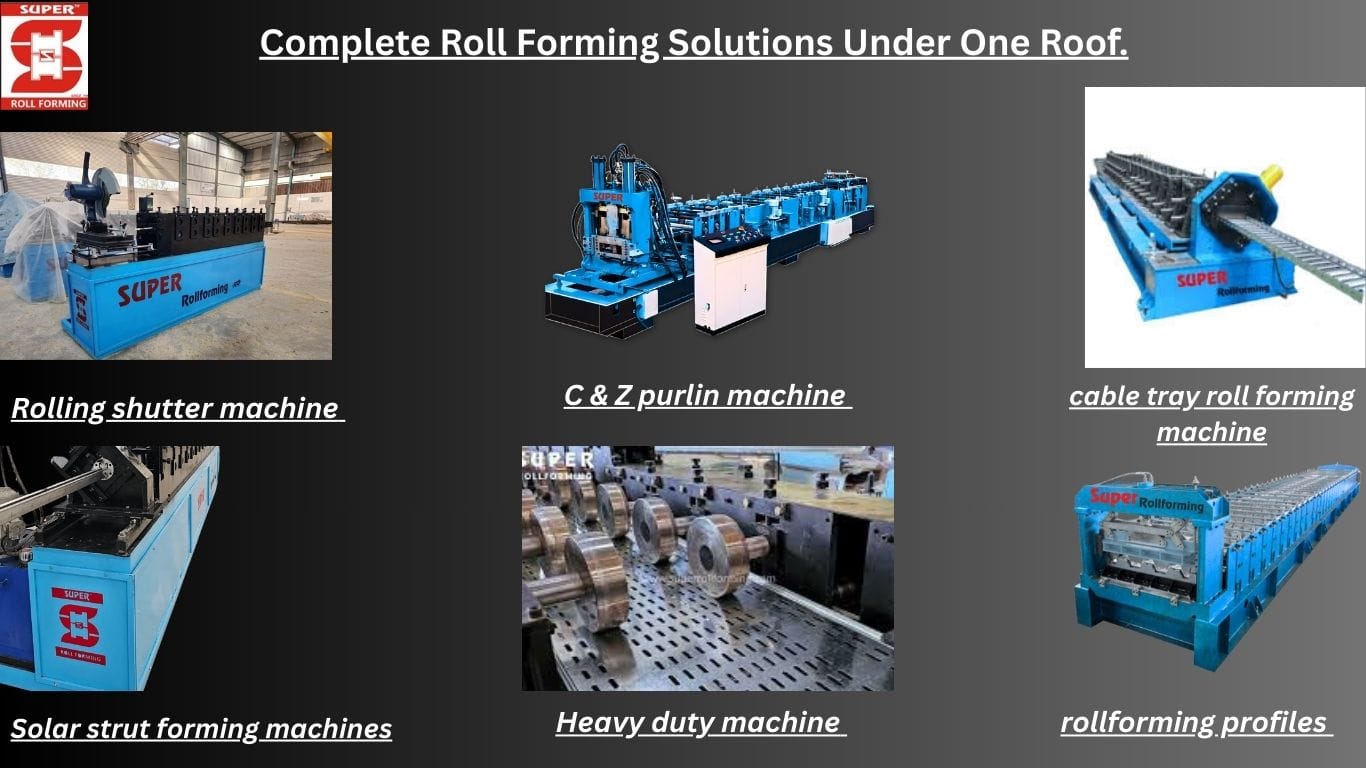In the fast-evolving world of manufacturing, the roll forming industry stands out as a sector that benefits immensely from mentorship. As roll forming technologies advance, the need for skilled professionals who can drive innovation, maintain precision, and deliver quality has grown substantially. Mentorship can bridge this skills gap, fostering growth and nurturing the next generation of industry leaders.
Why Mentorship Matters in Roll Forming
Mentorship is a powerful tool in any industry, and for roll forming, it holds unique value. Here are some key reasons why mentorship is essential:
- Skill Transfer: Roll forming processes are complex, requiring technical expertise. Mentors can transfer valuable skills to new professionals, reducing the learning curve.
- Industry Knowledge: Experienced mentors share insights about the industry, including evolving trends, challenges, and best practices.
- Career Development: For both new entrants and seasoned employees, mentorship offers guidance that can lead to career advancement and specialized roles.
Key Mentorship Programs in Roll Forming
Several mentorship programs, formal and informal, can help professionals in the roll forming industry. These programs ensure that employees are equipped with the skills and insights necessary to excel.
1. On-the-Job Training Programs
Many roll forming companies incorporate on-the-job training for new hires, pairing them with experienced mentors who guide them through the initial stages of learning. This approach allows mentees to gain real-time experience and apply theoretical knowledge practically.
2. Apprenticeship Programs
Apprenticeships are structured programs where industry newcomers work under seasoned professionals. Apprenticeship programs are particularly effective in teaching practical roll forming skills, machine handling, and troubleshooting techniques.
3. Industry-Specific Certification Courses
Some mentorship programs go hand-in-hand with industry-specific certification courses. For example, certifications in roll forming machine operation, quality control, and safety standards are highly beneficial. Mentors who have completed these certifications can provide valuable guidance, helping mentees achieve their certifications and build a solid foundation in the industry.
The Benefits of Mentorship in Roll Forming
Mentorship brings numerous advantages to both mentees and the roll forming companies that support these programs.
- Skill Enhancement: Mentorship provides mentees with hands-on experience, making it easier to develop essential skills in machine operation, quality assurance, and safety compliance.
- Talent Retention: By investing in mentorship, companies can increase employee satisfaction and loyalty, reducing turnover and building a more skilled workforce.
- Leadership Development: Mentorship programs often highlight potential leaders, allowing companies to identify and nurture future managers and executives from within.
Finding and Building Mentor-Mentee Relationships
To maximize the benefits of mentorship, finding the right match between mentors and mentees is crucial. Here are some strategies to cultivate successful mentor-mentee relationships in roll forming:
1. Identify Mutual Goals
Clear goal-setting is essential for mentorship success. Both mentor and mentee should discuss their objectives, such as skill development, career progression, or knowledge transfer, to create a productive relationship.
2. Regular Check-Ins and Feedback
Consistent communication is vital for effective mentorship. Regular check-ins help mentors track mentees’ progress, and feedback allows mentees to identify areas for improvement.
3. Encourage Hands-On Learning
In the roll forming industry, practical knowledge is paramount. Encourage mentees to take on challenging tasks under mentor supervision, as hands-on experience accelerates learning and confidence.
Mentorship for Mid-Career Professionals in Roll Forming
Mentorship isn’t limited to entry-level employees; it’s also valuable for mid-career professionals seeking to specialize or transition into leadership roles. For example:
- Advanced Technical Mentorship: Mid-career employees can benefit from mentors who are experts in advanced roll forming techniques, such as multi-material forming or complex structural designs.
- Leadership Mentorship: Those aspiring to managerial roles can learn from experienced leaders about team management, project planning, and strategic decision-making.
Challenges in Mentorship Programs and How to Address Them
While mentorship offers substantial benefits, it can present challenges:
- Time Constraints: Experienced mentors often have busy schedules, which can limit their availability. Companies should support mentorship by allocating dedicated time for mentoring activities.
- Resource Allocation: Investing in mentorship requires resources. Offering incentives for mentors and allocating budget for training programs can strengthen mentorship initiatives.
- Maintaining Engagement: Sustaining interest over the mentorship period can be challenging. Setting clear milestones and celebrating achievements can help maintain momentum and engagement.
How to Start a Mentorship Program in Your Roll Forming Company
If your company doesn’t yet have a mentorship program, it’s relatively easy to establish one. Here’s how:
- Identify Mentors: Look for senior employees with a wealth of knowledge and the willingness to mentor others.
- Set Program Goals: Define clear objectives for the mentorship program, such as knowledge transfer or career advancement.
- Create a Structured Program: Set up a schedule of activities, learning objectives, and check-in points to ensure that mentorship is consistent and effective.
- Gather Feedback: Regularly gather feedback from both mentors and mentees to improve the program.
Conclusion: Fostering Growth Through Mentorship in Roll Forming
In conclusion, mentorship is a cornerstone for growth and development in the roll forming industry. As companies invest in mentorship, they create a skilled workforce that drives innovation and sustains industry standards. For professionals, mentorship offers a pathway to expand skills, gain insights, and progress in their careers, making it a win-win for both employees and the companies they serve.






